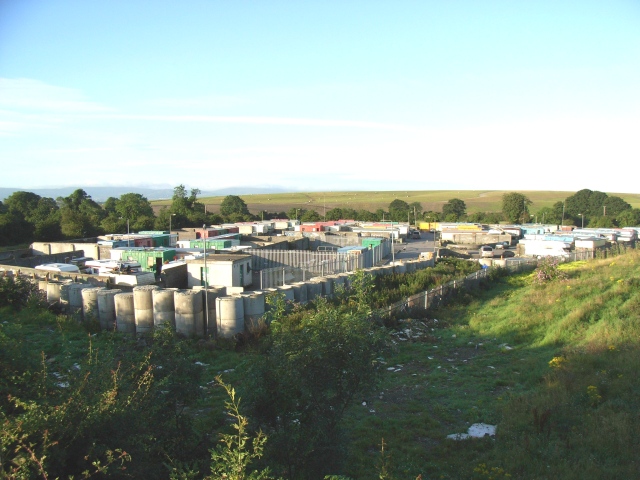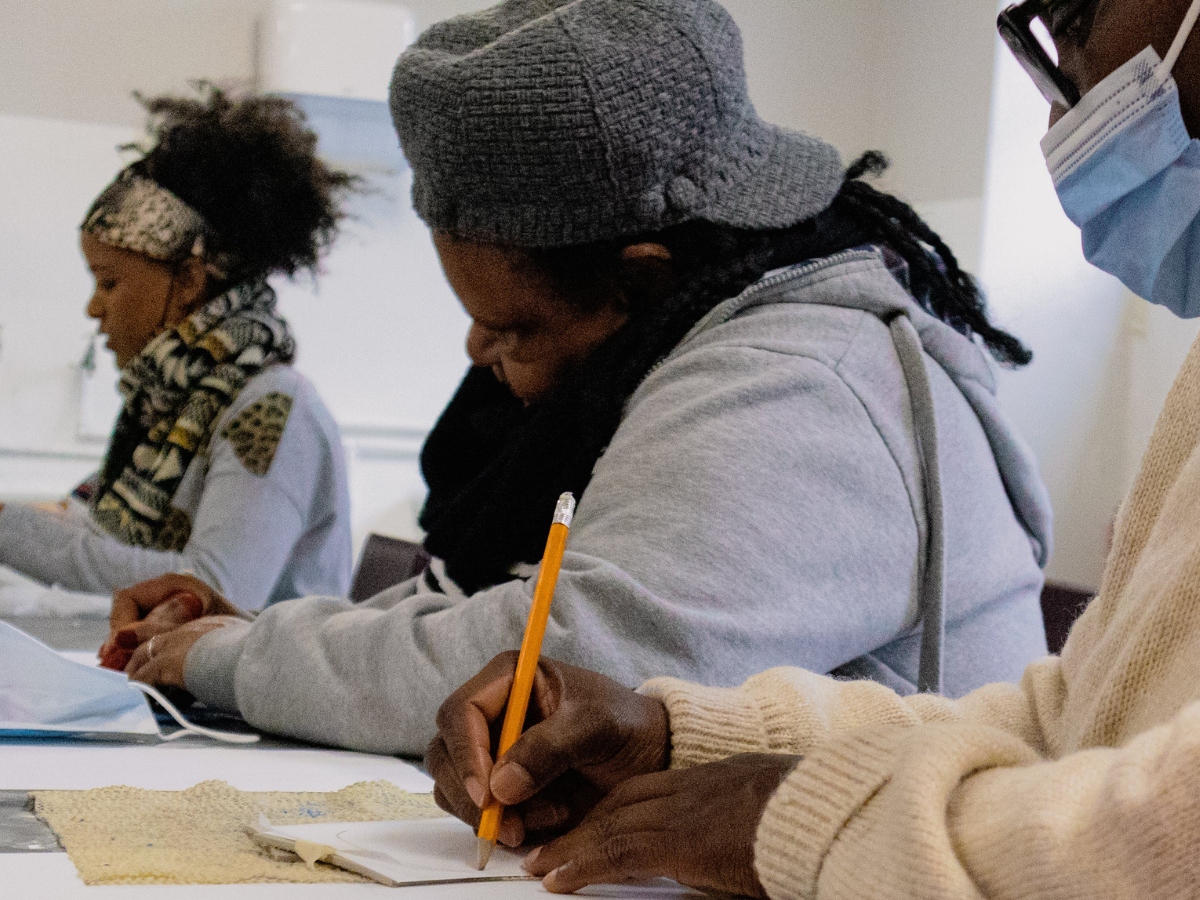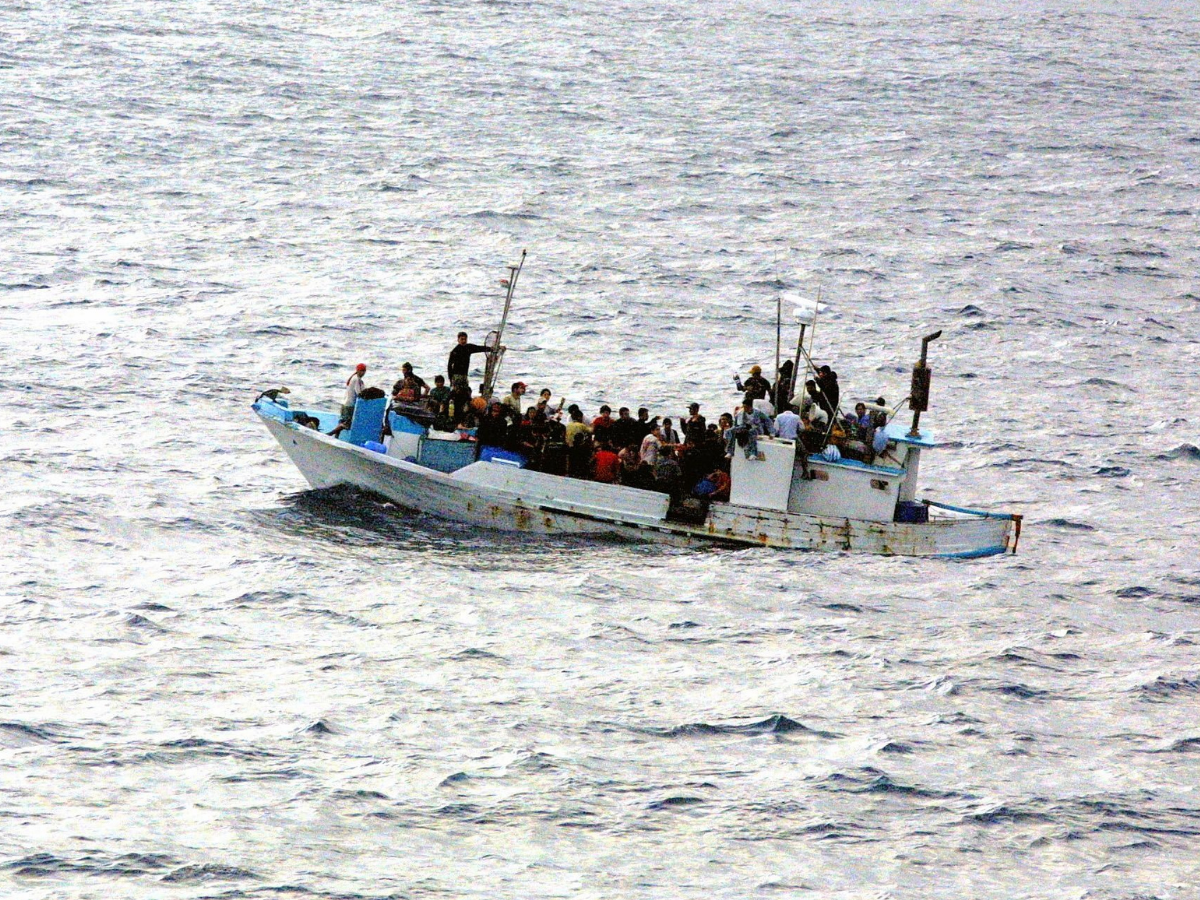
Power Issues: Energy Poverty in Irish Traveller Communities
“I can’t afford to keep the place warm. The second the heater goes off it’s freezing, there’s no double glazing, no insulation. The children go to bed early with extra blankets, it’s the only way to keep them warm […] I sit up with a candle rather than turn on the lights because I can’t afford the electric.”










